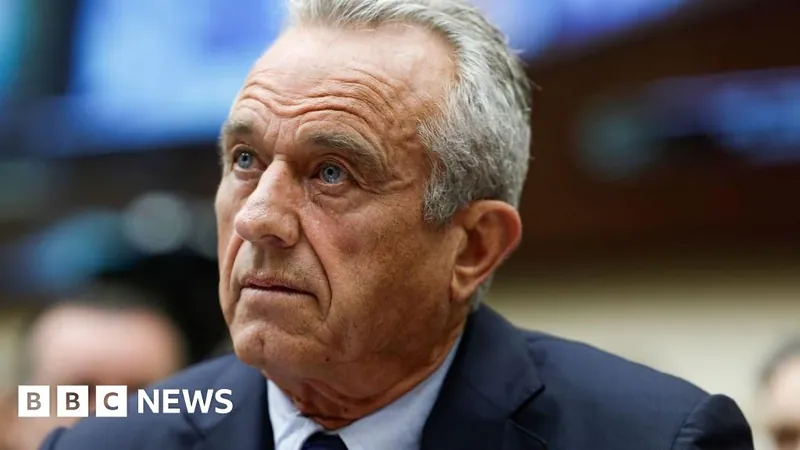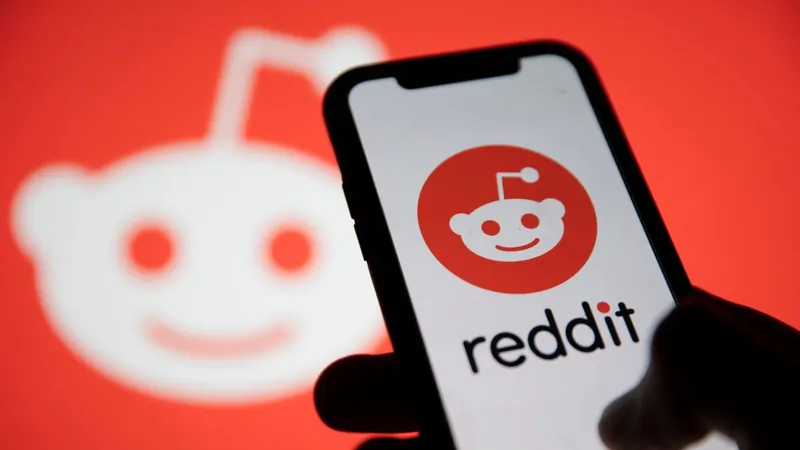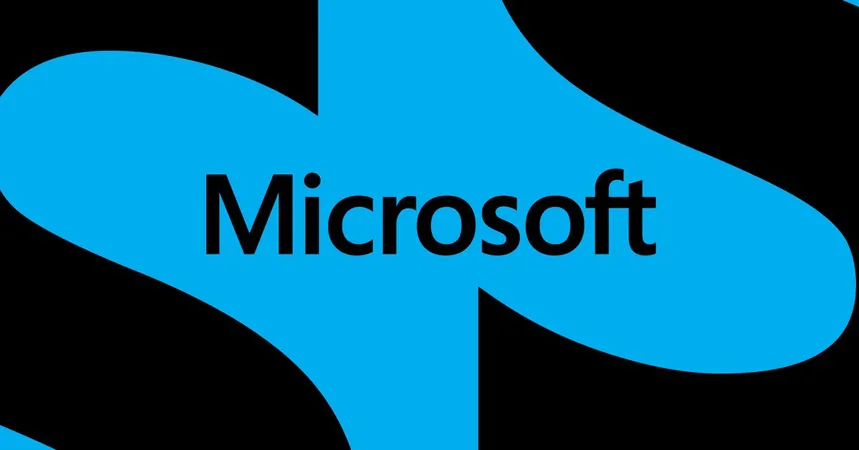
Health Sector Takes a Hit as Trump Appoints Vaccine Skeptic RFK Jr.
2024-11-16
Author: Emily
Health Sector Takes a Hit as Trump Appoints Vaccine Skeptic RFK Jr.
In a dramatic shift that has sent shockwaves through the healthcare investment landscape, shares of major vaccine manufacturers and healthcare companies plummeted on Friday following Donald Trump's nomination of Robert F. Kennedy Jr. as the new US Health Secretary. Investors are bracing for turbulent waters ahead, as Kennedy is notorious for his skepticism regarding vaccines and his declared intent to challenge the pharmaceutical industry, often referred to as "Big Pharma."
The immediate financial fallout was evident as Pfizer's stock dropped over 4%, while Moderna suffered an even steeper decline, falling approximately 7%. Across the Atlantic, UK pharmaceutical giants AstraZeneca and GlaxoSmithKline (GSK) similarly witnessed losses exceeding 3%. The decision, described by AJ Bell’s investment director Russ Mould as having "spooked" investors, raises significant uncertainties about the future of the healthcare sector. "The impact is tough to measure at this stage, but the prevailing uncertainty is undeniable," he remarked.
The U.S. Health Secretary position holds significant power over various aspects of public health, from food safety regulations to medical research funding and healthcare welfare programs. Kennedy, often referred to by his initials RFK Jr., has faced fierce criticism from public health experts who accuse him of disseminating misinformation. Nonetheless, he has garnered support from those who harbor skepticism toward governmental and regulatory bodies, believing them too accommodating to the interests of large corporations.
Interestingly, Kennedy's political journey has been anything but straightforward. Before endorsing Trump, he himself attempted to run for the presidency as a third-party candidate, campaigning on radical reforms that included curtailing chemical additives in food products, eliminating ultra-processed foods from school menus, and demanding greater transparency from pharmaceutical companies regarding vaccine data.
Should Kennedy's Senate confirmation proceed smoothly, it could signify a radical departure from the regulatory approach seen during both the Biden administration and Trump’s previous term, when substantial government funding was directed toward speeding up COVID vaccine development while maintaining a generally hands-off regulatory strategy. However, Trump’s earlier initiatives to bring down drug prices could still loom large, potentially placing additional pressure on the healthcare industry.
Paul Chaplin, CEO of Danish biotech Bavarian Nordic—which saw its stock tumble by more than 15%—expressed a cautious outlook. He noted that though the uncertainty is palpable, some policies from Trump's initial term did bolster Bavarian Nordic's performance via increased demand for its mpox and smallpox vaccines. "A second Trump term with RFK Jr at the helm of health could benefit some areas while posing risks to others. Only time will tell how the landscape evolves," Chaplin commented during an interview with BBC’s World Business Report.
The ripple effect of this political appointment is not confined to the U.S., as stocks of European pharmaceutical firms also took a hit. For example, shares of Novo Nordisk, famous for its diabetes drug Ozempic, dropped over 5%, and Sanofi, a leading manufacturer of flu vaccines, saw its share price decline more than 3% in Paris.
As the dust settles from this unprecedented nomination, stakeholders in the healthcare industry are left questioning what the future holds. Will Kennedy's appointment usher in a wave of reforms and regulatory changes that reassess the balance of power between public health and corporate interests? Only time will reveal the long-term implications of this pivotal moment in U.S. healthcare policy.









 Brasil (PT)
Brasil (PT)
 Canada (EN)
Canada (EN)
 Chile (ES)
Chile (ES)
 España (ES)
España (ES)
 France (FR)
France (FR)
 Hong Kong (EN)
Hong Kong (EN)
 Italia (IT)
Italia (IT)
 日本 (JA)
日本 (JA)
 Magyarország (HU)
Magyarország (HU)
 Norge (NO)
Norge (NO)
 Polska (PL)
Polska (PL)
 Schweiz (DE)
Schweiz (DE)
 Singapore (EN)
Singapore (EN)
 Sverige (SV)
Sverige (SV)
 Suomi (FI)
Suomi (FI)
 Türkiye (TR)
Türkiye (TR)